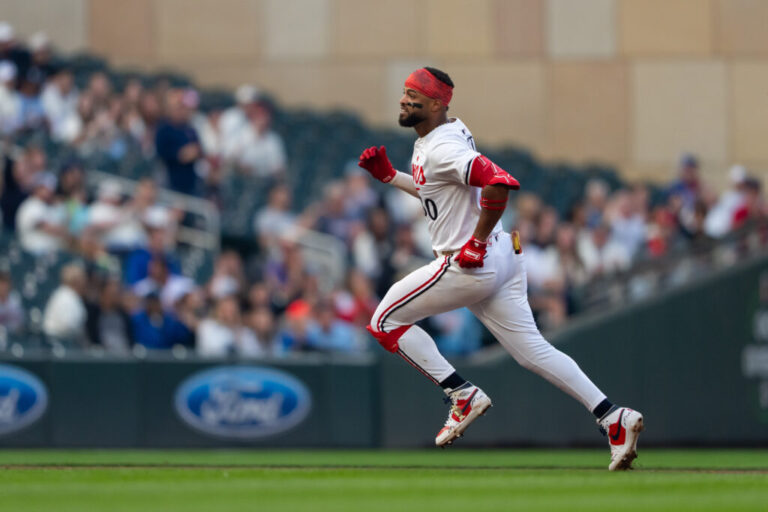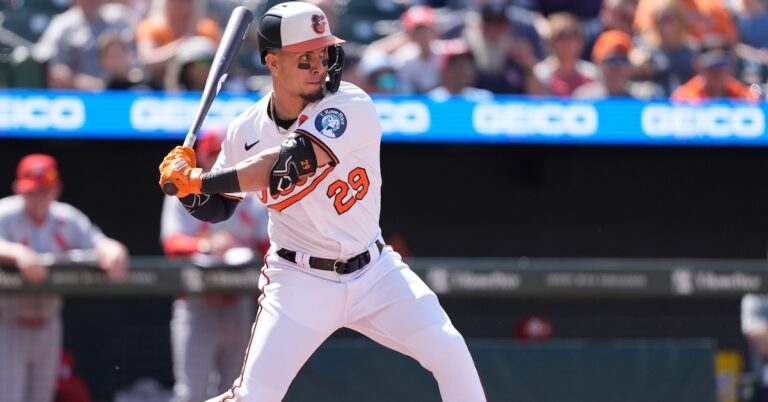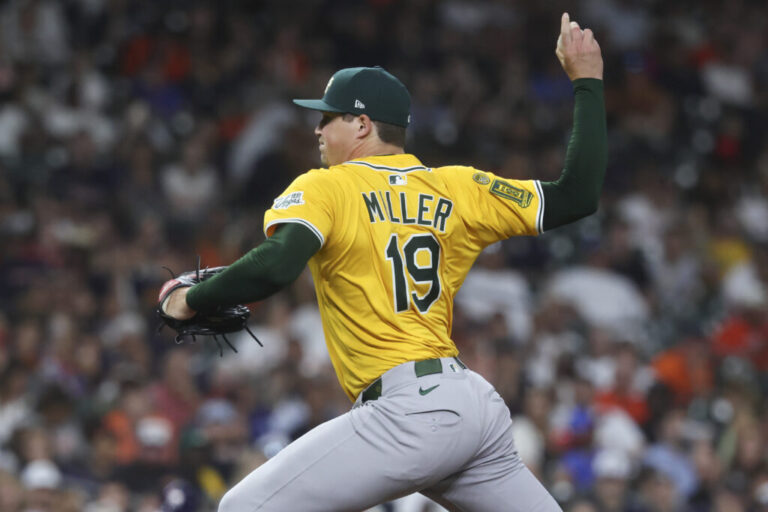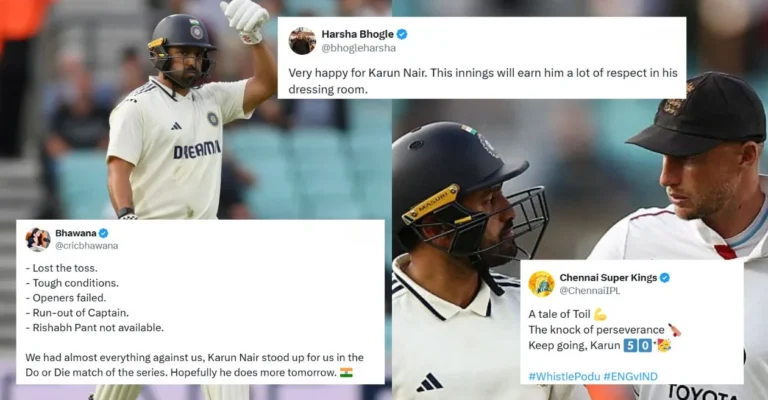

It’s been a month since the World Series commanded America’s television screens. Remember how great it was?
Of course you don’t.
The nation’s pundits insisted that the matchup between the Dodgers and Yankees would galvanize fans in the United States and around the world. It would spur baseball to new heights of popularity.
I responded with a somewhat sour newsletter, contending that the Los Angeles-New York series “simply won’t be compelling.” It would merely be a competition between two ballclubs with unlimited payrolls, and how could that possibly be a good thing?
A month’s hindsight convinces me that I was right. The 2024 World Series, to my mind, was certainly not great and certainly didn’t boost baseball into a higher orbit.
The series actually proved only two things:
-
The Dodgers spent their vast treasury more effectively than the Yankees did.
-
The Yankees really didn’t belong in the World Series at all. If they played in the National League West, they might very well have finished fourth.
The 2024 World Series was actually a harbinger of baseball’s dark future. It was the inevitable culmination of the sport’s absurd policies — notably, its refusal to divide media revenue equally or to institute a salary cap/floor.
I’m not saying that it’s possible to buy a world championship (though heaven knows the Yankees keep trying). But the major-market rich kids certainly have an easier time in the playground than the small-market urchins do.
Think of it this way. Let’s say that you and I purchase lottery tickets every day. I buy 1,000. You buy one. I’m not guaranteed a victory in this scenario, but my odds are certainly better than yours.
It’s the same with New York, Los Angeles, and the other moneybags. Do you think that the Yankees have finished above .500 every year since 1993 because they’re well-managed? Do you believe that the Dodgers have won 11 NL West titles in the past 12 years because they’re so efficient?
Their wealth lets them buy more tickets — i.e., playoff berths — so their odds of winning a championship are greatly enhanced.
That’s the system employed by Major League Baseball, a singularly stupid system.
The National Football League, as everybody knows, shares TV revenue equally and operates under a cap/floor structure. NFL players are still highly paid, but they’re more evenly distributed across the landscape. That’s why teams in small markets such as Green Bay, Buffalo, and Kansas City are highly competitive.
It’s also why pro football is so incredibly popular.
If the NFL adopted MLB’s structure, the richest football team of all, the Dallas Cowboys, would be free to emulate the Yankees. Jerry Jones would be able to spend money at will, essentially guaranteeing that his Cowboys would qualify for the playoffs year after year after year.
But the NFL doesn’t work that way. Jones’s franchise may worth $10.1 billion (according to Forbes), but Dallas last played in the Super Bowl in January 1996. That’s almost 29 years ago. The NFL, regardless of its many other problems, simply doesn’t allow an incompetent team to paper over its weaknesses with cash.
I want to be fair, so I must admit that baseball has done some good things in recent years. The pitch clock has made the game more enjoyable. The ban on infield shifts has helped a bit, as has the three-batter requirement for relief pitchers.
But make no mistake. Baseball is on the descent. The Yankees-Dodgers World Series was a sad indicator. So is the imminent bidding war for Juan Soto, a truly fabulous player who deserves to be well paid, but who will inevitably sign with one of MLB’s few haves, not any of its many have-nots.
Rob Manfred and his minions are running out of time. Let’s hope they decide to get serious about baseball’s competitive imbalance before it’s too late.





